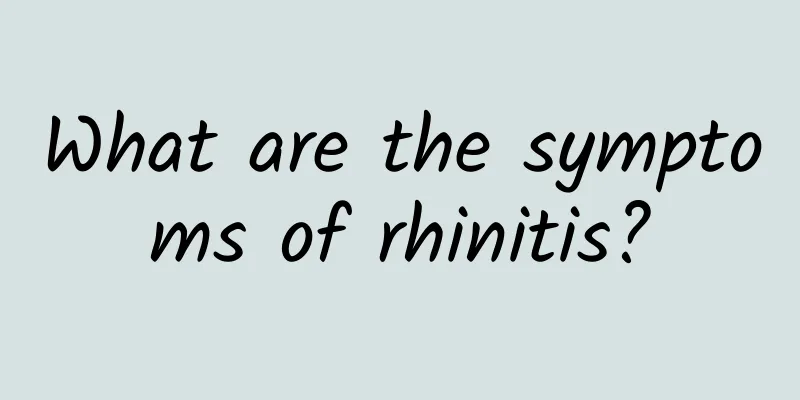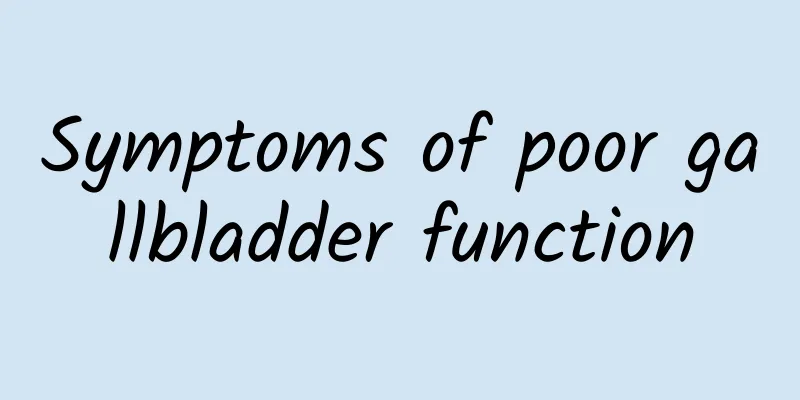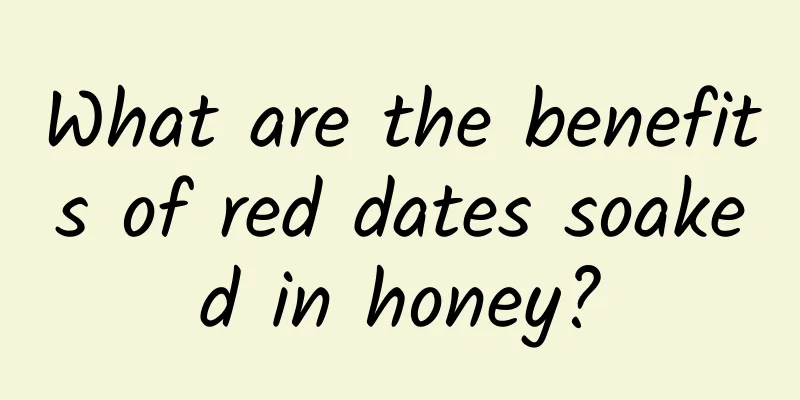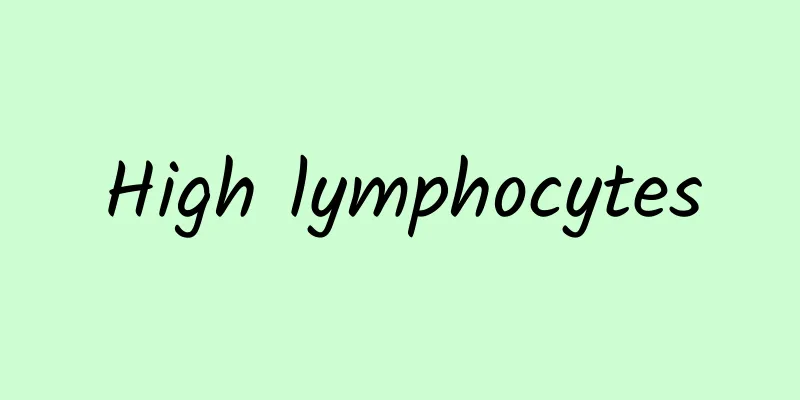What are the symptoms of rhinitis?

|
Rhinitis is relatively common in life, and there are many types. The main causes of rhinitis are viruses, bacteria, or some allergic reactions, which often lead to some systemic symptoms and also concentrate on some symptoms in the nasal cavity. The more common symptoms are nasal congestion, runny nose, sneezing, coughing, etc., which may cause symptoms such as dry retching. Decreased memory, decreased immunity, etc. What are the symptoms of rhinitis? (1) Nasal congestion Nasal congestion is characterized by intermittent nature. Nasal congestion is relieved during the day, in hot weather, while working or exercising, but is aggravated at night, when sitting still or in cold weather. Another characteristic of nasal congestion is its alternation. When lying on your side, the lower nasal cavity is blocked, but the upper nasal cavity is well ventilated. Due to nasal congestion, there may be occasional symptoms such as decreased sense of smell, headache, dizziness, and nasal speech. (2) Excessive discharge is often mucous or mucopurulent, and occasionally purulent. Purulence often occurs after secondary infection. (3) Decreased sense of smell is mostly caused by two reasons: one is swelling of the nasal mucosa and nasal congestion, which prevents airflow from entering the olfactory area; the other is that the olfactory mucosa is stimulated by chronic inflammation for a long time, resulting in a decrease or disappearance of the olfactory function. (4) Headache and dizziness Chronic sinusitis is often manifested by a feeling of heaviness in the head. (5) Systemic symptoms: Most people also experience headaches, loss of appetite, fatigue, memory loss, and insomnia. treat 1. Etiological treatment: Identify systemic and local causes, and promptly treat systemic chronic diseases, sinusitis, adjacent infected lesions, and nasal septum deviation, etc. Improve living and working environment, exercise, and enhance body resistance. 2. Local treatment (1) Intranasal glucocorticoids are the first choice for chronic rhinitis. They have good anti-inflammatory effects and ultimately produce a decongestive effect. It can be used for a longer period of time as needed, with good efficacy and safety. (2) Nasal cleaning: For those with more or thicker nasal secretions, the nasal cavity can be cleaned with normal saline to remove the nasal secretions and improve nasal ventilation. (3) Oxymetazoline hydrochloride spray can be used as an intranasal decongestant, and continuous use should not exceed 7 days. If you need to continue using it, you need to stop for 3 to 5 days. Long-term use of 0.5% to 1% ephedrine nasal drops can damage the ciliary structure of the nasal mucosa and should be avoided as much as possible. If it is necessary to use it, use it in small amounts intermittently. The use of nasal drops is prohibited because it has been shown to cause drug-induced rhinitis. (4) Other treatments include blockade therapy, acupuncture therapy, etc., which are rarely used. |
<<: What are the symptoms of food poisoning?
>>: What to do if a six-year-old child has rhinitis
Recommend
I have hard acne on my face and I can't squeeze it out.
Acne is very common during adolescence, also know...
Itchy skin around testicles
Keeping the testicles healthy and hygienic should...
There is a lump on the tooth
Dental health will directly affect our physical he...
White paste appears in the wound
The appearance of a white pasty substance at the ...
What to do if you have a fever with mumps
Mumps fever is a complication of mumps. In our li...
What does uterine blood flow signal mean?
The uterus is an organ in the female body that pr...
What are the effects of Cordyceps and Double Ginseng Wine?
We are all familiar with wine. There are many typ...
Is ginger slices useful for removing acne scars?
We often hear about using ginger slices to remove...
Rhinitis comes and goes
Once rhinitis patients develop the disease, they ...
The drug of choice for treating typhoid fever
Typhoid fever is an acute infectious disease caus...
What to do if you have a big belly due to spleen deficiency? Diet therapy can help you lose weight without rebounding
Some people in life are obviously not fat, but th...
What are the treatment principles for lupus nephritis?
Lupus nephritis is a relatively serious kidney di...
What are the ways to improve hair loss?
When people reach a certain age, they will start ...
How to treat myocardial hypertrophy?
People cannot take heart health lightly, because ...
What should I pay attention to when using medicine for buttock eczema?
Eczema is a skin disease with a very high inciden...









